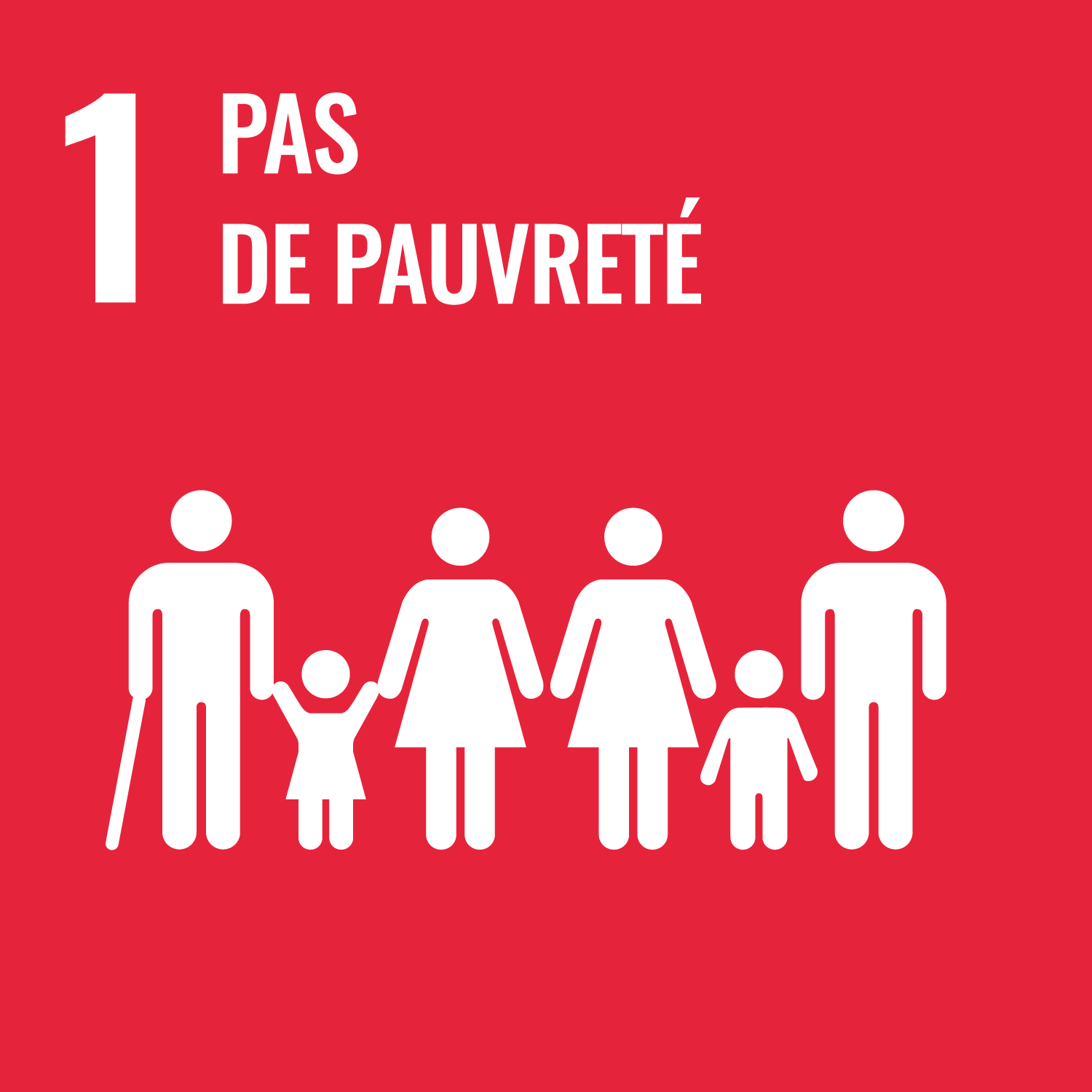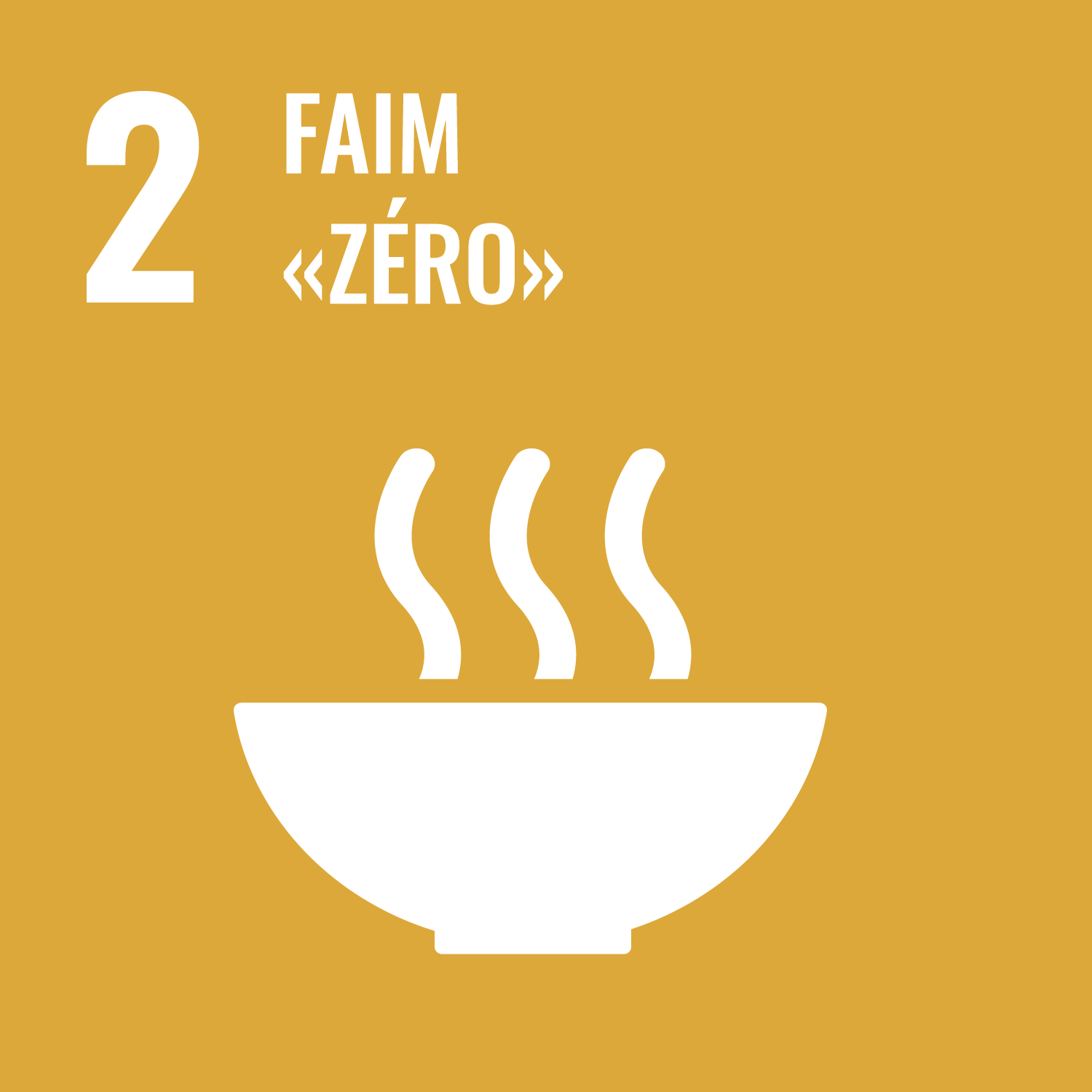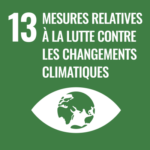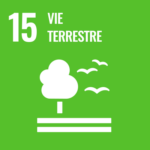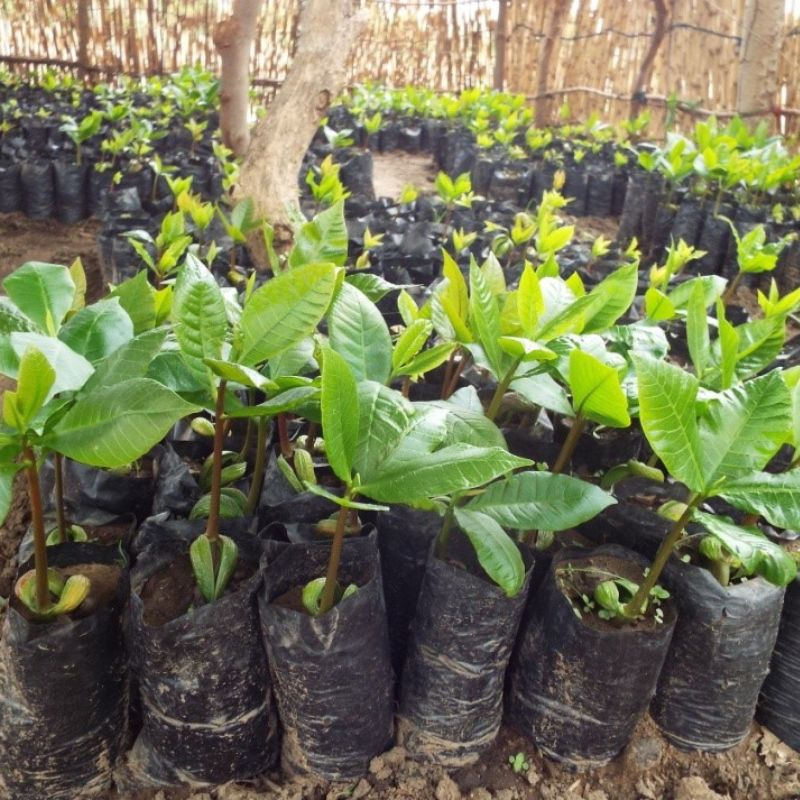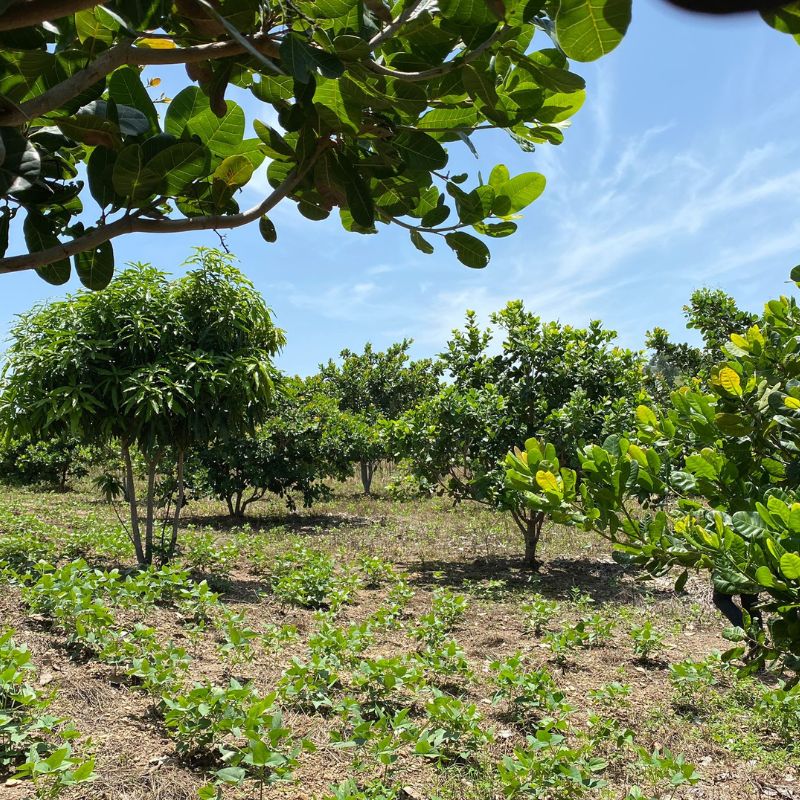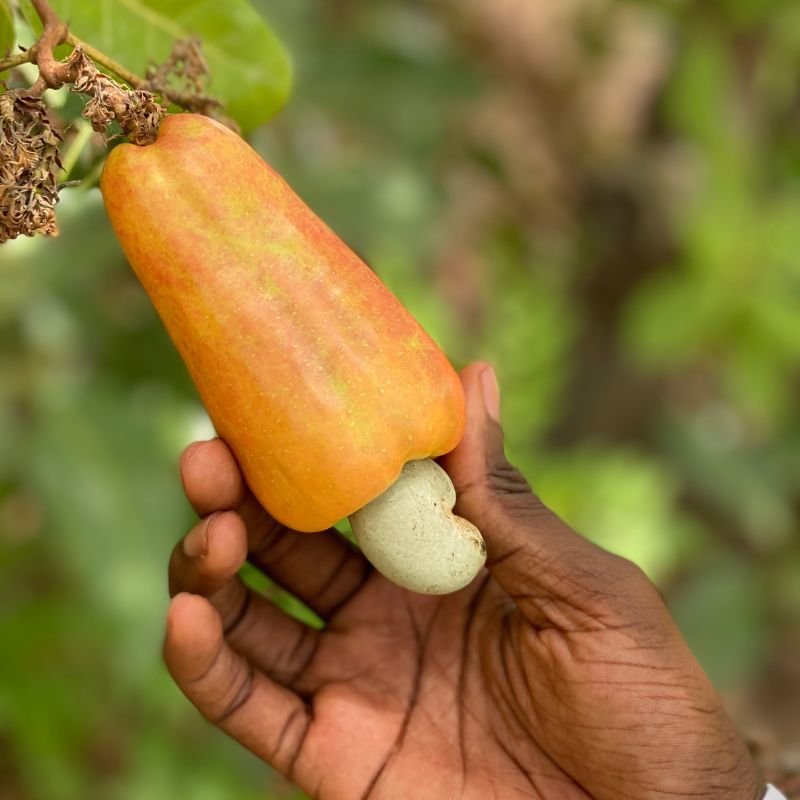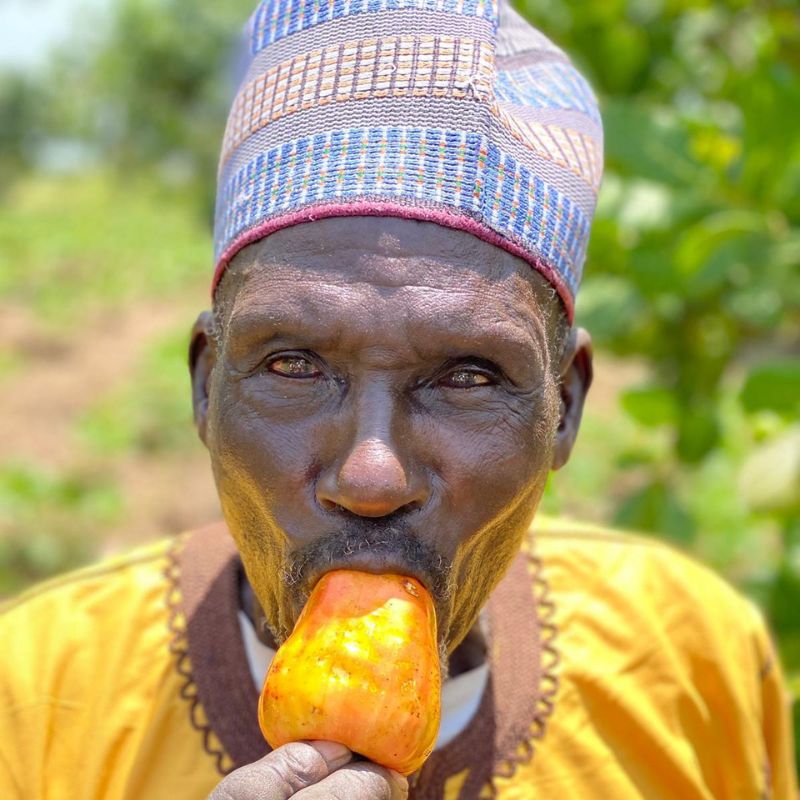
Our projects
Cashew nut industry and ecosystem restoration
Project FARE – Cameroon
On deployment
The North Cameroon region is subject to significant human and climatic pressures on its protected areas, including the Benoué National Park (PNB) and the Faro Park.
It represents a major nature conservation challenge in Central Africa. Comprising mainly Sudano-Sahelian savannah ecosystems, the area is known for being home to a large number of key animal species representative of this type of habitat, including giraffes, Derby elands, hippos and crocodiles.
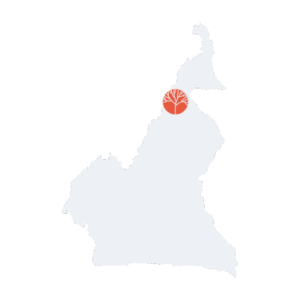
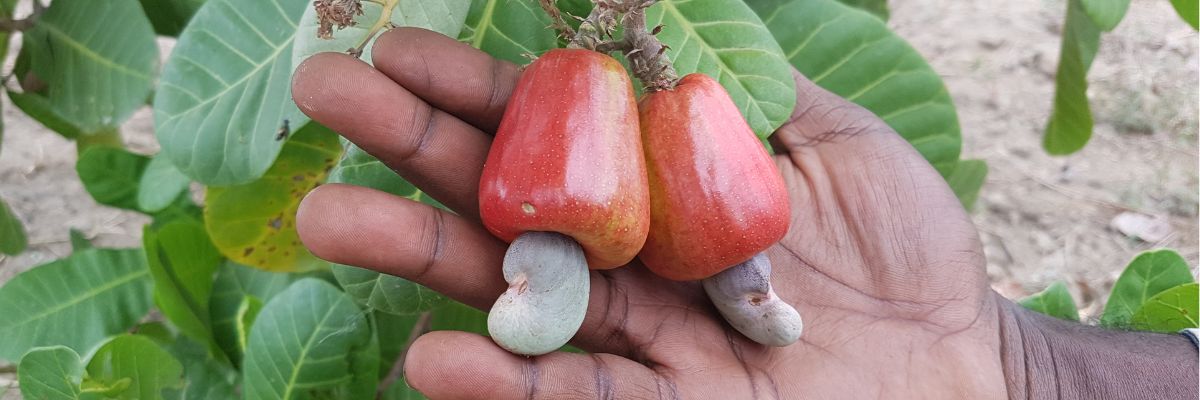
Context
The North Cameroon region, which is made up of Sudano-Sahelian savannah ecosystems, is subject to significant human and climatic pressures on its protected areas, including the Benoué National Park. The degradation of ecosystems is due in particular to the expansion of agricultural land, desertification and the intensification of droughts, but also to the cutting of wood for local use.
Since 2019, the FARE project has been helping local communities in northern Cameroon to set up agroforestry plots, in particular using cashew trees. These plots enable them to increase their income, preserve the soil and food crops, recreate wooded areas favourable to biodiversity and combat periods of drought.
Key figures
Since 2023, the programme has included :

246415
trees planted

4000
reforested hectares

9
schools involved
« There are no bees left in the region due to the retreat of the forests, and pollination on plantations is increasingly poor. We need support to develop beekeeping and reforestation. Planète Urgence is here to support us »
Mr Armand, project beneficiary
Main partner

Implementation partner

